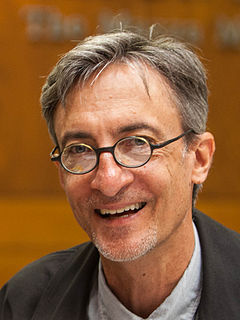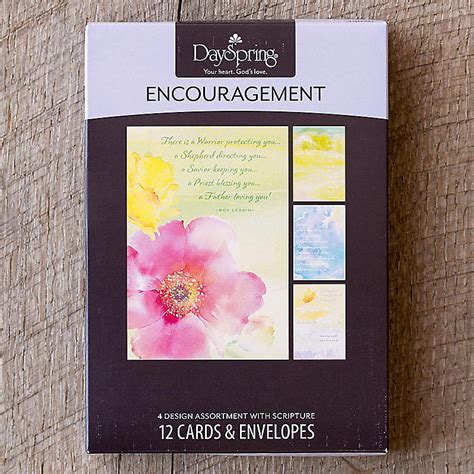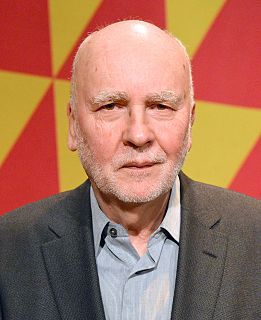A Quote by Salvatore Quasimodo
From the night, his solitude, the poet finds day and starts a diary that is lethal to the inert. The dark landscape yields a dialogue.
Related Quotes
A Godly leader ... finds strength by realizing his weakness
finds authority by being under authority
finds direction by laying down his plans
finds vision by seeing the needs of others
finds credibility by being an example
finds loyalty by expressing compassion
finds honor by being faithful
finds greatness by being a servant
Journalism only tells us what men are doing; it is fiction that tells us what they are thinking, and still more what they are feeling. If a new scientific theory finds the soul of a man in his dreams, at least it ought not to leave out his day-dreams. And all fiction is only a diary of day-dreams instead of days. And this profound preoccupation of men's minds with certain things always eventually has an effect even on the external expression of the age.
Keep a diary, but don't just list all the things you did during the day. Pick one incident and write it up as a brief vignette. Give it color, include quotes and dialogue, shape it like a story with a beginning, middle and end—as if it were a short story or an episode in a novel. It's great practice. Do this while figuring out what you want to write a book about. The book may even emerge from within this running diary.
When we look at the arts and letters in America, especially if we look at poetry, and poetry set to music, this dialogue, we have this very powerful beautiful, eclectic, diary, or narration of being in America, being American, participating in America, becoming more of America and also as an American, the American creative spirit, which is quite interesting. Our composers and poets have spent more time writing and thinking and speaking out of what it means to be a composer or poet as well as to be an American, or a composer or poet In America; both relationships.
Gabriel Levin's book is a journey through time and through entrenched animosities of the Middle East. What's astonishing and refreshing is his ability to combine the reporter's perspective with a deep knowledge of poetry, including pre-Islamic Arab poems. A brilliant poet is at work here-a poet in the rugged landscape of conflict and pain.
The man who is unable to people his solitude is equally unable to be alone in a bustling crowd. The poet enjoys the incomparable privilege of being able to be himself or some one else, as he chooses. [...] The solitary and thoughtful stroller finds a singular intoxication in this universal communion. [...] What men call love is a very small, restricted, feeble thing compared with this ineffable orgy, this divine prostitution of the soul giving itself entire...to the unexpected as it comes along, the stranger as he passes.


































